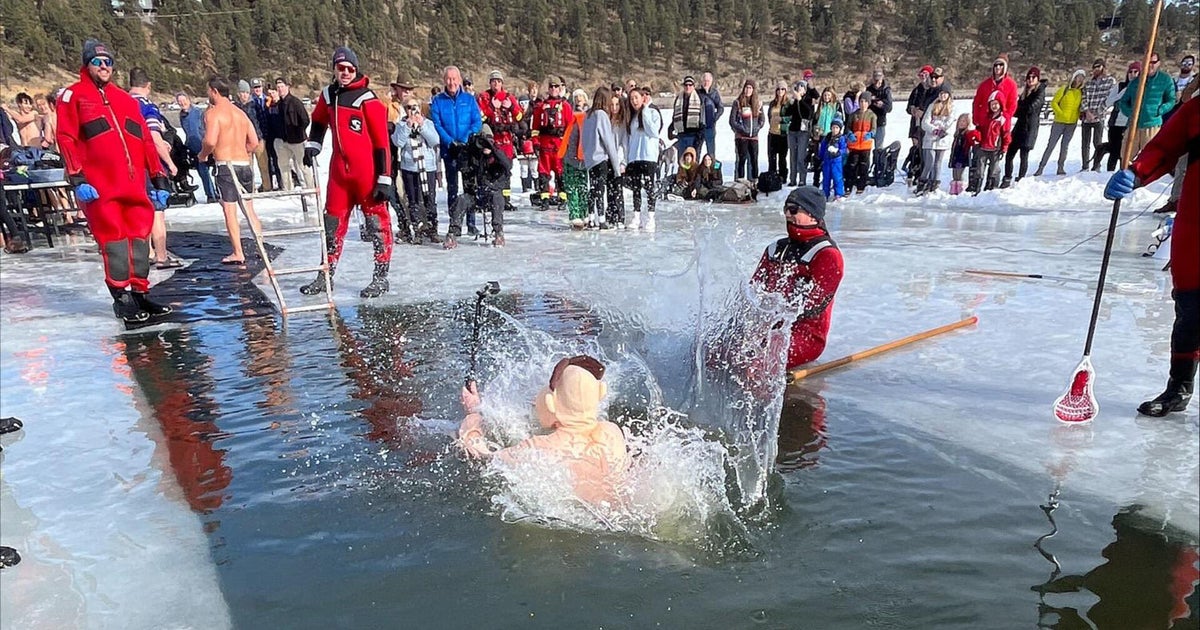7 cybersafety tips you need to follow -- now
With the Internet woven into almost everything we do today, it's realistic to have the mindset that it's only a matter of time before your personal data will be stolen.
But that doesn't mean that you should throw up a white flag and do nothing about it. Protecting your information in cyberspace is a good step toward fraud prevention. If you haven't already done so, don't wait to put these seven important safeguards in place to make access to and theft of your data as difficult as possible.
1) Never click on a link in an email unless you're confident of the source.
Links from unknown or untrusted sources can lead your browser to malicious software that can track and record your keystrokes and gain access to all of your financial accounts.
2) Never enter confidential information in an email.
Don't open email from unknown senders and never reply to requests for personal and financial information via email.
3) Use antivirus software, and keep it up-to-date.
Use a high-quality product that detects existing and new versions of malicious software. The best antivirus software will not slow down your computer and will contain features such as a firewall, parental controls and optional backup protection.
4) Use extreme caution when using unsecured, public Wi-Fi hotspots.
Only use publically available Wi-Fi networks (where no passwords are required) when absolutely necessary. When you do, remember that someone will be able to see everything you're doing and may even be able to gain access to your connected device. For this reason, disable ad hoc networking, auto-connections and file-sharing. Definitely do not use public Wi-Fi to access financial accounts. Instead, use your phone's mobile network instead.
5) Create and use strong passwords, and change them several times a year.
Add complexity by using a combination of upper- and lowercase letters, numbers and symbols. Never use your Social Security number, date of birth or other personal information. The best password is 10 to 14 characters. Is it hard to remember a long password? Try using a phrase spelled with upper and lower case letters. Here's why: Let's say your password is Rover12. Cybersecurity experts at JPMorgan say they can crack that password in 14 minutes. Use a longer password with symbols, such as Rover12=Rover12, and it could take 157 billion years to crack!
6) Use separate email accounts.
Maintain separate email accounts for work, personal use and online shopping. In all accounts, turn on spam filtering, and frequently clean out all email folders.
7) Use a secure router for your home network.
Turn on the router's encryption and use a strong password. Don't use any personal information (your name, address, etc) when naming your network. Also, use a router that allows you to set up a separate "guest network" that you can let guests use. This doesn't allow any access to the computers and files that are connected to your primary secured network.



